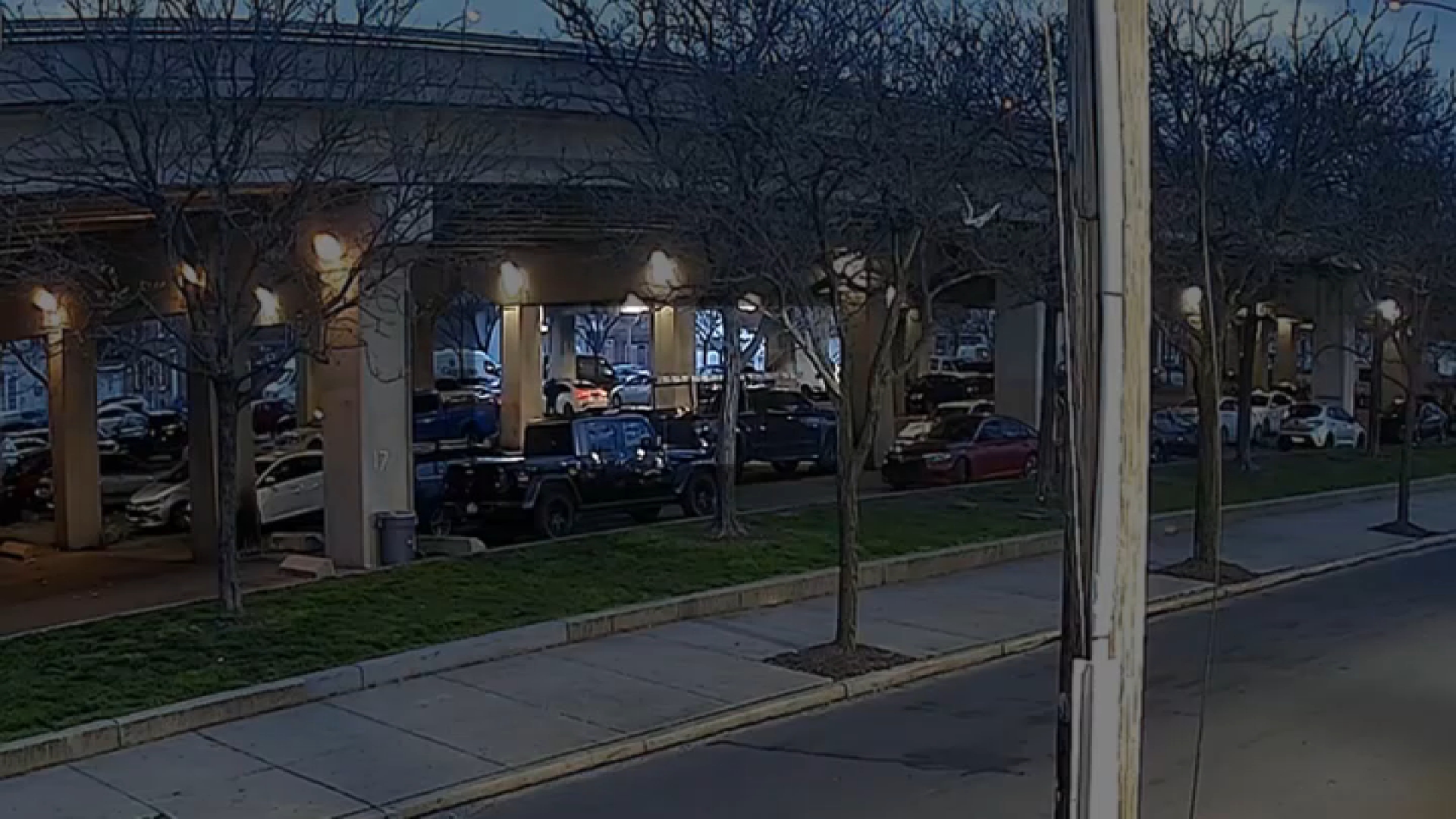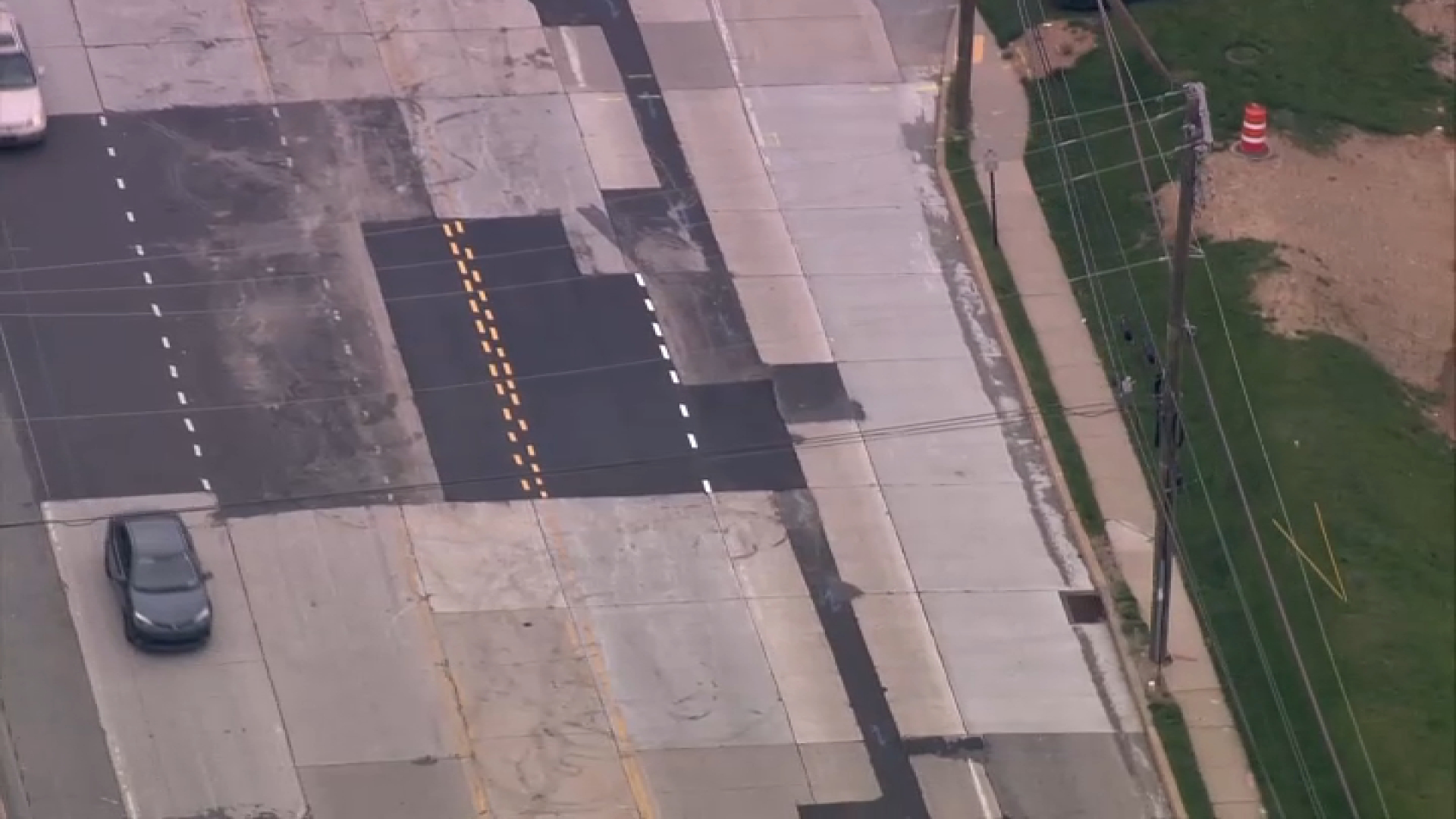The difficult fiscal picture facing Gov. Tom Corbett when he took office in 2011 was like nothing anyone in Pennsylvania state government had experienced, and the resulting budget-balancing cuts in spending are still a sore spot.
Next year, Republicans who control state government are beginning to warn could be equally or more difficult.
If nothing improves, Corbett and the Legislature will have to navigate an estimated $1.4 billion in higher costs, an unexpected half-billion-dollar hole in health care dollars and the traditional resistance to cutting spending in an election year.
"I think, in many respects, this coming budget is going to be the most difficult budget in four years and I never thought I would be saying that," Corbett's budget secretary, Charles Zogby, said.
At stake in next year's election will be control of state government.
Corbett, a Republican, is seeking a second term while eight Democrats have announced they want their party's nomination to challenge him. The Senate's Republican margin of control is at its narrowest in two decades — 27 to 23 — heading into an election when voters will decide on seven of eight Republican-held seats in increasingly liberal southeastern Pennsylvania.
The next budget year doesn't begin until July 1, but the bad news is already piling up.
For starters, rising costs for public employee pensions and care for the elderly are driving the administration's estimate of a need for $1.4 billion just to maintain its current programs, sometimes called "carrying" costs.
"I think this has every opportunity to be the toughest budget that we've done around here in years, because the cost-to-carry items are so large that we don't possibly have the revenues to keep up, even in a good economic year with unemployment at 3 or 4 percent," said Senate Appropriations Committee Chairman Jake Corman, R-Centre.
Pennsylvania's unemployment rate in August was 7.7 percent.
The Corbett administration is concerned that a change in the formula that determines the federal percentage of the state's Medicaid costs will create a $325 million hole next year. Plus, an arbitration panel ruled against Pennsylvania in a fight with tobacco companies and that could cost about $170 million that state government was counting on next year.
Corbett's first three budgets have been propped up by more than $1 billion in surplus money. But the budget reserve heading into this fiscal year was practically dry and it is too early to predict whether tax collections will produce a surplus of any significance come spring.
At the same time, huge budget-balancing cuts to education and programs for the poor in Corbett's first two budgets have left lawmakers, including Republicans, resistant to any more spending cuts.
Corbett is averse to raising taxes and fees — he vowed during his 2010 campaign for governor not to — and Zogby suggested that Corbett has cut spending to the maximum extent possible at the moment.
"I think we've reached the end of the string, as it were, in terms of what we can cut from state government," Zogby said. "I don't know that there's much more we can do on that."
This fall, lawmakers are searching for money. Bills are advancing to legalize and tax gambling in bars and scale back payments to charter schools.
Local
Breaking news and the stories that matter to your neighborhood.
Meanwhile, Democrats do not disagree that next year's budget will be a difficult one, but they also suggest that Republicans are getting caught in a web of their own making.
Democrats point to Corbett administration estimates that it has engineered $1.2 billion in business tax cuts, but they say Republicans have ignored Democrats' ideas to help state finances. Those ideas include privatizing management of Medicaid-funded nursing home care to save money, expanding Medicaid under the federal 2010 health care law and joining practically every other state in imposing taxes on cigars and smokeless tobacco.
"Their policies have failed," said Rep. Joe Markosek of Allegheny County, the ranking Democrat on the House Appropriations Committee. "And now when we're stuck with some things that we have no control over. We don't have the necessary tools to handle some of those problems that are going to face us in the next budget year."



